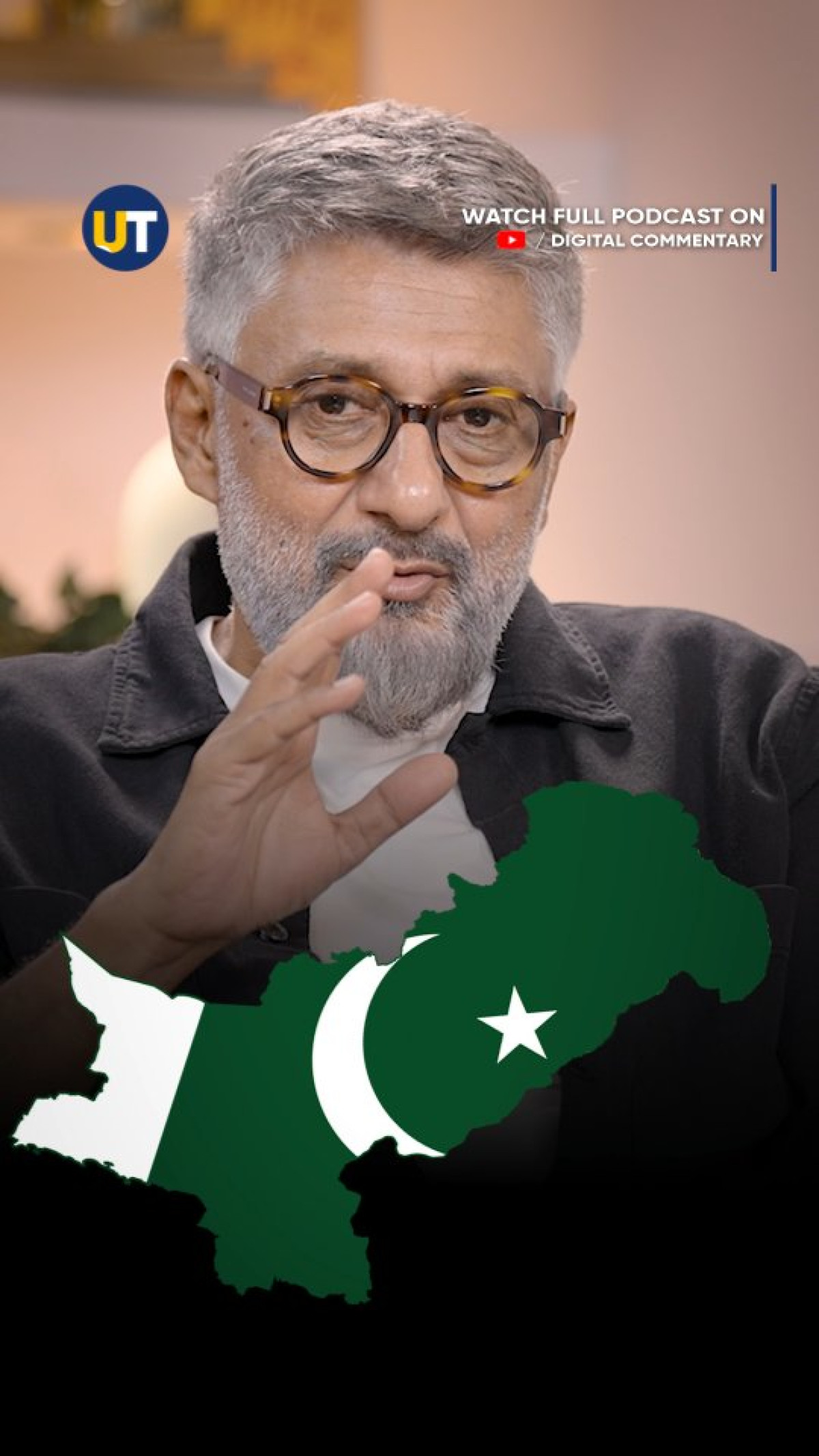Bengal As The Next Kashmir? Agnihotri Unveils The Truth
Filmmaker Vivek Agnihotri exposes links between Bengal and Kashmir issues in latest podcast.

Image: Instagram
In his recent podcast episode uploaded on YouTube, filmmaker and public thinker Vivek Ranjan Agnihotri has sparked conversation with his provocative question: Is Bengal the next Kashmir? The session, which has quickly gathered attention on social media, delves into the turbulent parallels between the current political climate in Bengal and the long-discussed Kashmir issue. Agnihotri, widely known for his films and outspoken perspectives on Indian politics, uses his platform to highlight what he calls the dark truth underpinning these regional dynamics.
Podcast Insights
Agnihotri’s approach during the podcast is consistent with his reputation as an unfiltered storyteller. In the episode, he dissects the socio-political developments in Bengal and draws comparisons to Kashmir—a region that has often been at the geopolitical epicenter of debates in India. He explains that while the historical contexts of Bengal and Kashmir differ, the underlying tensions, identity politics, and the strategies employed by governmental authorities to handle dissent share noticeable similarities. With an incisive tone, he outlines how narratives are constructed and questions whether the methods used to address dissent in Kashmir may also echo in the unfolding situation in Bengal.
Agnihotri’s discussion is far from a mere academic exercise. As he outlines his arguments, he points to specific instances in recent political discourse where measures taken in Bengal seem to mirror the state of affairs in Kashmir. The filmmaker stresses the importance of understanding these parallels not as direct replicas but as cautionary signals. His analysis, firmly grounded in decades of experience with political cinema—as seen in movies like The Kashmir Files—offers audiences food for thought. The podcast further invites viewers to consider how history may be repeating itself in different forms across India.
Historical And Political Context
Famed for his willingness to tackle complex and controversial issues, Vivek Agnihotri has never shied away from exploring the uncomfortable intersections of history, identity, and power. In this recent episode, he revisits similar themes from his previous works and public speeches. Drawing on historical references and current events, Agnihotri provides context to the comparison by tracing the roots of the conflict in Kashmir while simultaneously analyzing the evolving political narrative in Bengal. He argues that both cases involve deep-seated issues of regional autonomy, cultural identity, and state control.
The podcast is not only a reflection on political strategies but also an invitation for introspection among his audience. Agnihotri’s delivery is measured yet stirring, aiming to inform viewers rather than merely inflame passions. His recent Instagram post—featuring a candid portrait that underscores his earnest and intense expression—resonates with the gravity of the subject matter. The image, integral to his social media narrative, complements the discussion by visually representing the filmmaker’s commitment to uncovering hard truths in a rapidly changing political landscape. Other related posts from his account underline his consistency in probing sensitive topics, whether through podcasts or thought-provoking cinematic narratives.
Public Reaction And Next Steps
The response to Agnihotri’s provocative question has been immediate and varied. Social media platforms are buzzing as audiences, political commentators, and academics weigh in on whether Bengal could indeed be heading towards a scenario reminiscent of Kashmir. Fans of his previous work, including segments from the I.I.M.U.N. Role Model Series where he once engaged with younger audiences on the responsibilities of storytelling, have praised his willingness to spotlight contentious issues without resorting to sensationalism.
Listeners appreciate the balance in his narrative—he neither dismisses the concerns outright nor inflates them into unverified alarmism. Instead, he offers a measured critique grounded in historical evidence and contemporary observations. As the podcast circulates online, viewers are encouraged to engage with the content, share their perspectives, and watch the full episode on his YouTube channel for a comprehensive analysis.
Throughout the discussion, Agnihotri reiterates the role of storytelling in not just entertaining but in unmasking underlying societal challenges. His commentary serves as a reminder of the power of film and media to ignite conversation and drive awareness. With each initiative, from his provocative podcasts to his previous cinematic releases, he challenges conventional narratives and insists on the value of questioning the status quo.
The ongoing debate on the similarities between the socio-political fabric of Bengal and that of Kashmir thus remains a significant point of discussion in Indian political commentary. Agnihotri’s latest effort further cements his position as a storyteller who is deeply invested in both the art of cinema and the rigor of political critique. The podcast stands as an important call for the audience to look beyond surface narratives and to critically assess the mechanisms of power at play in contemporary India.
As the conversation continues to evolve, Agnihotri’s insights remind us that understanding history is key to decoding the present. His reflective and thorough analysis has opened up a new avenue of dialogue—one that calls for an incisive look at how political narratives shape, and sometimes reshape, the cultural and social fabric of a nation.
Read full bio of Jehangir Irroni







